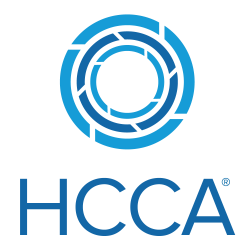Australian researchers have been awarded nearly $2.2 million by the U.S. National Cancer Institute (NCI) to test new treatment drugs for children with cancer over the next five years, so the most promising of these can be fast-tracked into clinical trials.
The Leukemia Biology Group at Children’s Cancer Institute is the only non-U.S.-based research team to be included in this NCI-funded initiative, known as the Pediatric Preclinical In Vivo Testing Program (PIVOT). The goal of the PIVOT program is to accelerate the testing and approval of new childhood cancer drugs, since of the approximately 200 agents approved by the U.S. Food and Drug Administration for cancer treatment, fewer than 40 are approved for use in children.
“The vast majority of cancer treatments available for adults aren’t approved for use in children,” explains Professor Richard Lock, head of the group at Children’s Cancer Institute. “Added to this, there are very few treatments that have been developed especially for children with cancer, and it can take several years before these become available in the clinic.”
The PIVOT program aims to improve this situation by connecting pharmaceutical companies that are developing new cancer therapies with drug testing centers that have the capacity to test these therapies in specialized models of childhood cancer.
The main type of model used by the testing centers participating in the program is known as a patient-derived xenograft. This is a living model of disease, usually based on laboratory-bred mice growing cancer cells that have been taken directly from a patient with cancer.
“Our living model of [acute lymphoblastic leukemia] closely mimics the disease in children, making it possible to carry out meaningful experimental work without involving children,” Lock explains. “By testing potential new treatments in our model, we can make sure that only safe and effective drugs proceed to testing in children, and we can prioritize those drugs that our tests show are the very best candidates.”
Edited by Gary Cramer



